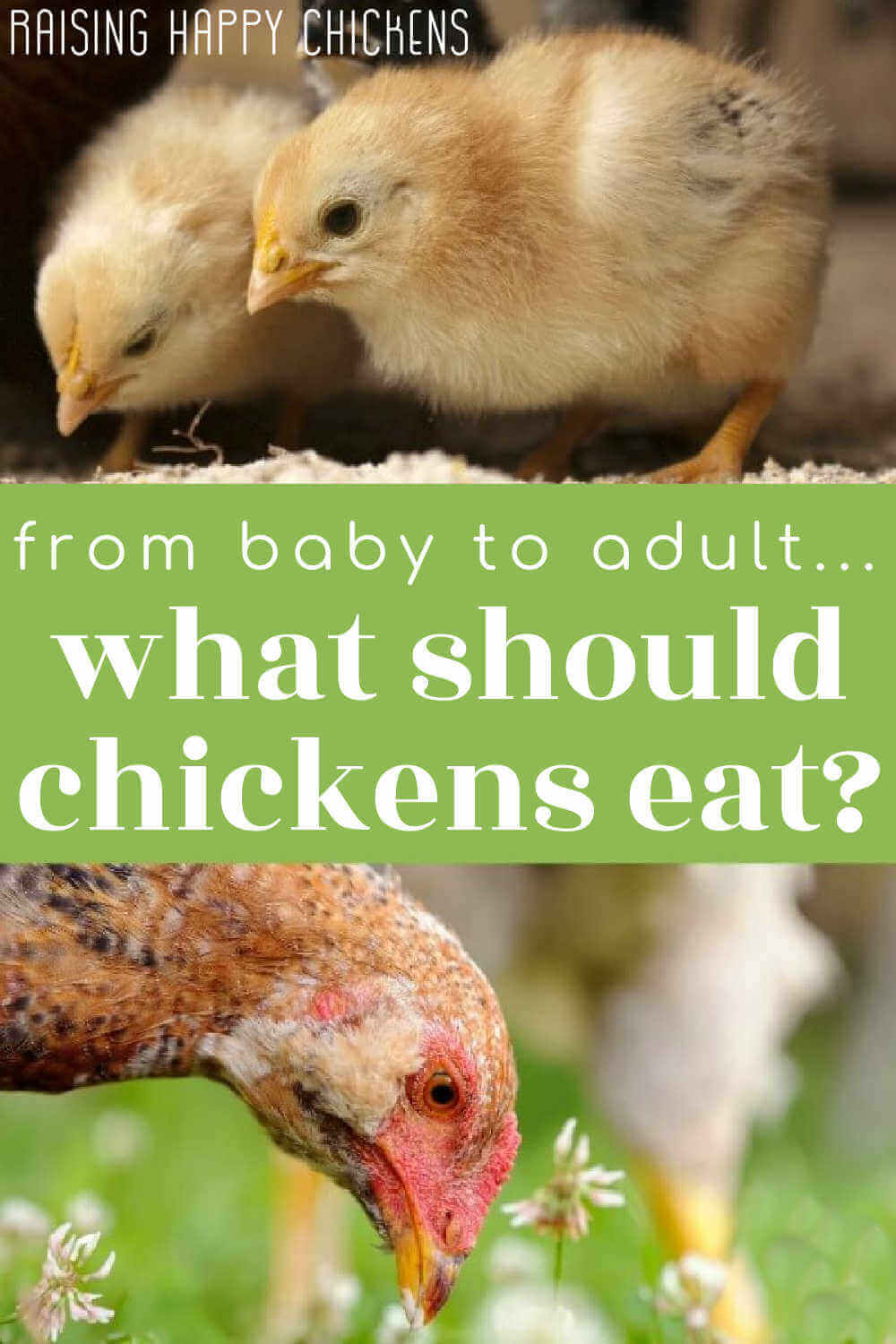If you’re a poultry farmer, you may be wondering what else baby chicks can eat besides feed. It can be a challenge to provide chicks with the right nutrition to ensure healthy growth and development. Fortunately, there are a variety of additional dietary options available to supplement a chick’s diet. In this article, we’ll discuss some of the other foods that baby chicks can eat and their nutritional benefits.
Types of Feed for Baby Chicks
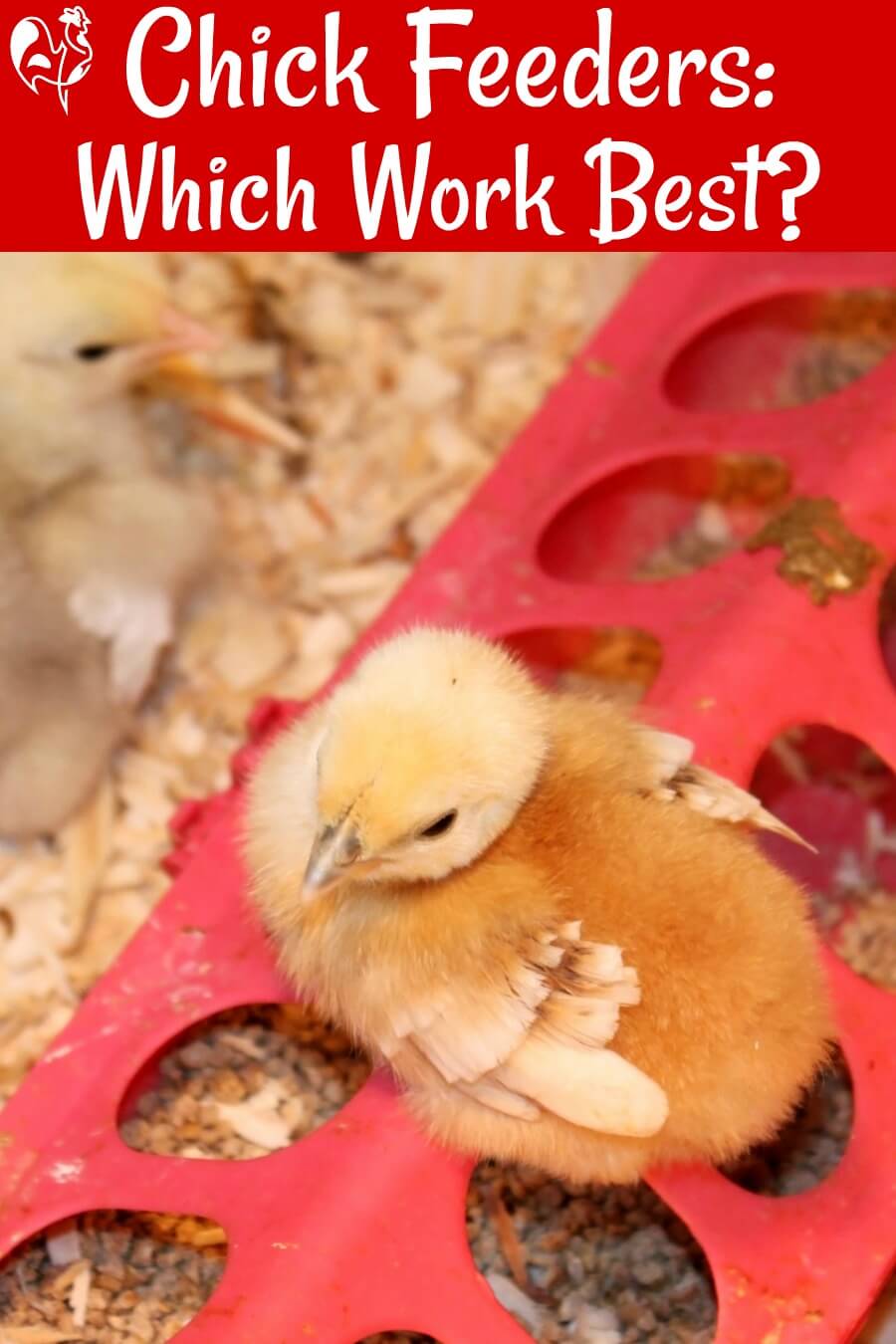
- Starter/Grower Feed: is a high-protein feed for baby chicks aged 0-4 weeks.
- Developer Feed: is a feed for baby chicks aged 4-8 weeks.
- Finisher Feed: is a feed for baby chicks aged 8-18 weeks.
Aside from the traditional feed, what can baby chickens eat besides feed? There are a variety of other food items that can be added to their diets to ensure they are receiving a healthy and balanced diet. These include:
- Mealworms
- Greens such as lettuce and kale
- Fruits such as apples and strawberries
- Grit, which helps with digestion
- Cooked rice and pasta
- Insects such as crickets and mealworms
It is important to ensure that any food that is offered to baby chickens is in small, manageable pieces that can be swallowed easily. Additionally, all food items should be free of mold, bacteria, and parasites.
Nutritional Requirements of Baby Chicks
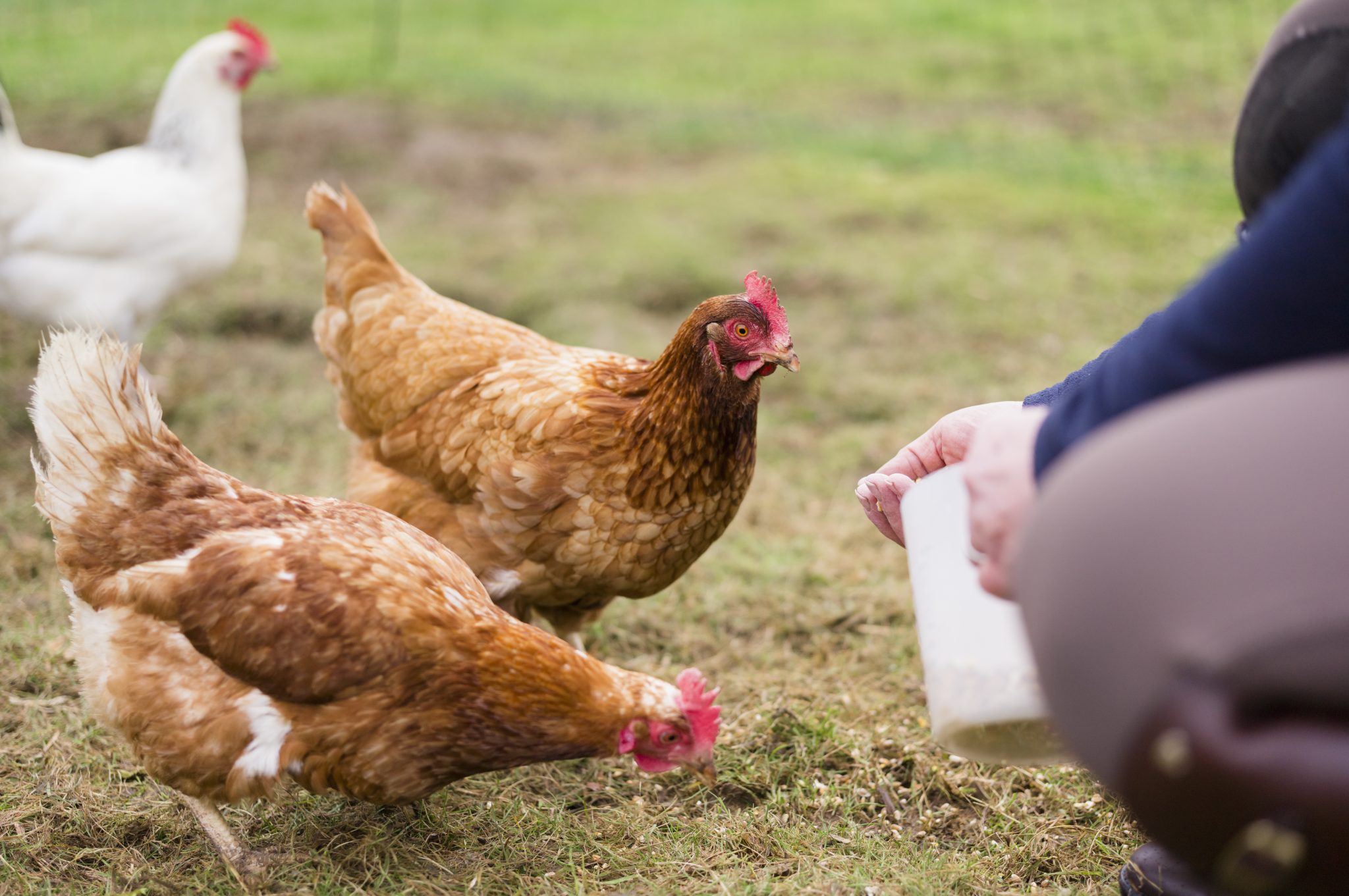
- Protein: Baby chicks need high-quality proteins to fuel their growth. The ideal diet should consist of at least 20 percent protein.
- Fats: Fats provide essential fatty acids, energy, and help create a balanced diet. Baby chicks need a diet that consists of between 8-10 percent fats.
- Carbohydrates: Carbohydrates should make up a small portion of the baby chicks’ diet. The ideal diet should consist of around 5-7 percent carbohydrates.
- Vitamins and Minerals: Vitamins and minerals are essential for the growth and development of baby chicks. The ideal diet should consist of at least 18 vitamins and minerals.
- Fiber: Fiber is important for the health and development of baby chicks. The ideal diet should consist of at least 5 percent fiber.
Baby chicks need a balanced diet that contains all of the essential nutrients to ensure healthy growth and development. In addition to their regular feed, baby chicks can also be fed a variety of other foods such as fruits, vegetables, and insects. These foods provide additional vitamins, minerals, and essential fatty acids that can help ensure the chicks are getting the proper nutrition they need.
What Else Can Baby Chicks Eat Besides Feed?
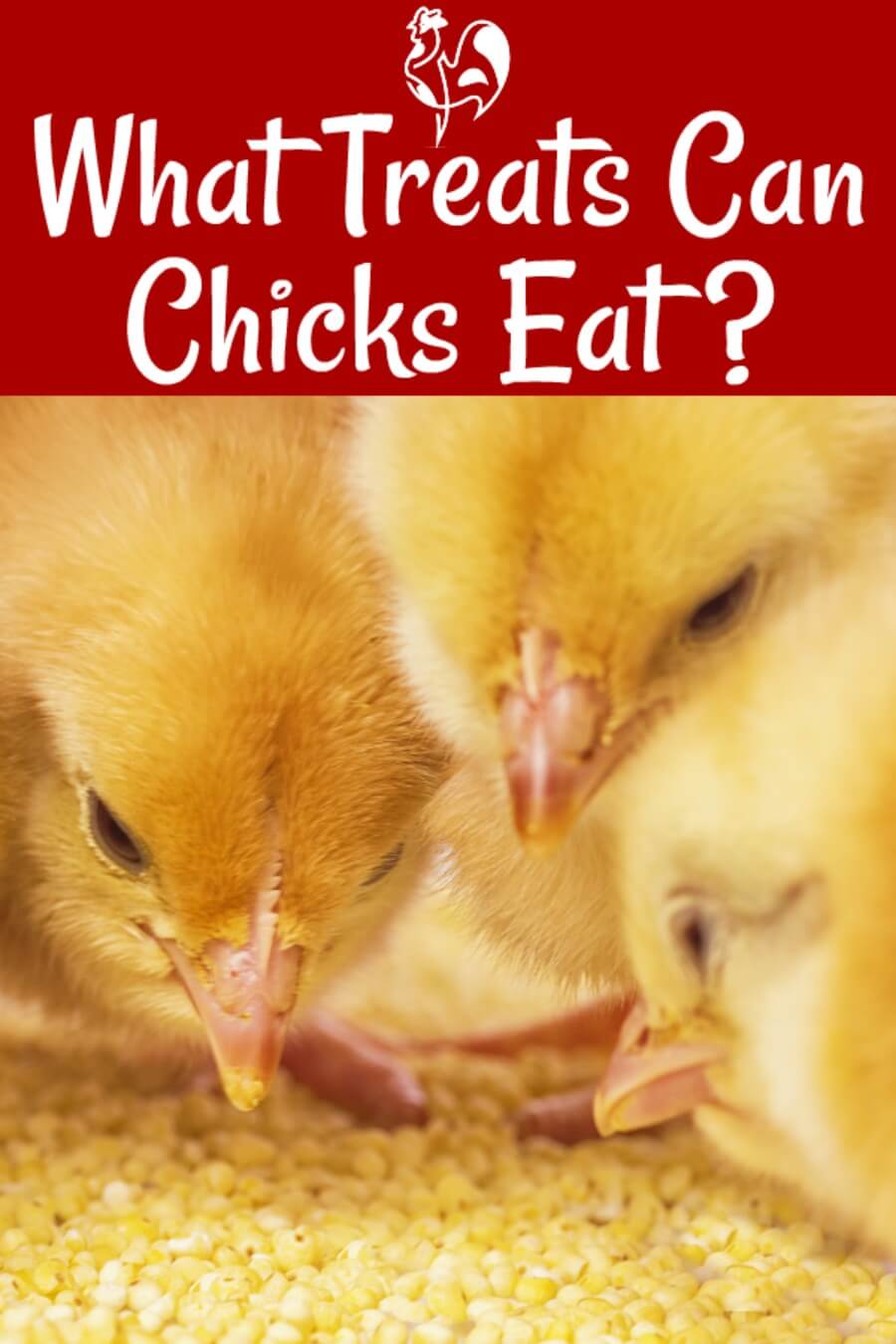
Grains
Baby chicks can eat a variety of grains, including oats, wheat, and barley. Grains should be ground finely to make them easier for chicks to consume. Grains provide essential carbohydrates for energy and are an important source of nutrition for chicks.
Vegetables
Vegetables provide essential vitamins and minerals to chicks. Chopped greens such as kale, spinach, and lettuce are all great options for baby chicks. Additionally, chopped carrots, broccoli, and squash are also safe for baby chicks.
Insects
Insects provide a great source of protein for baby chicks. Mealworms and crickets are the most common insects fed to chicks. Live insects can be purchased from a pet store or online.
Other Sources of Protein
Additional sources of protein for baby chicks include cooked eggs, cooked meat, cooked beans, and cooked fish. These items should be chopped finely before giving them to chicks.
Overall, baby chicks can eat a variety of foods in addition to their regular feed. Grains, vegetables, insects, and other proteins all provide essential nutrients for growing chicks. Feeding a balanced diet of these items can help baby chicks reach their full potential.
Benefits of Variety in Baby Chick Diets
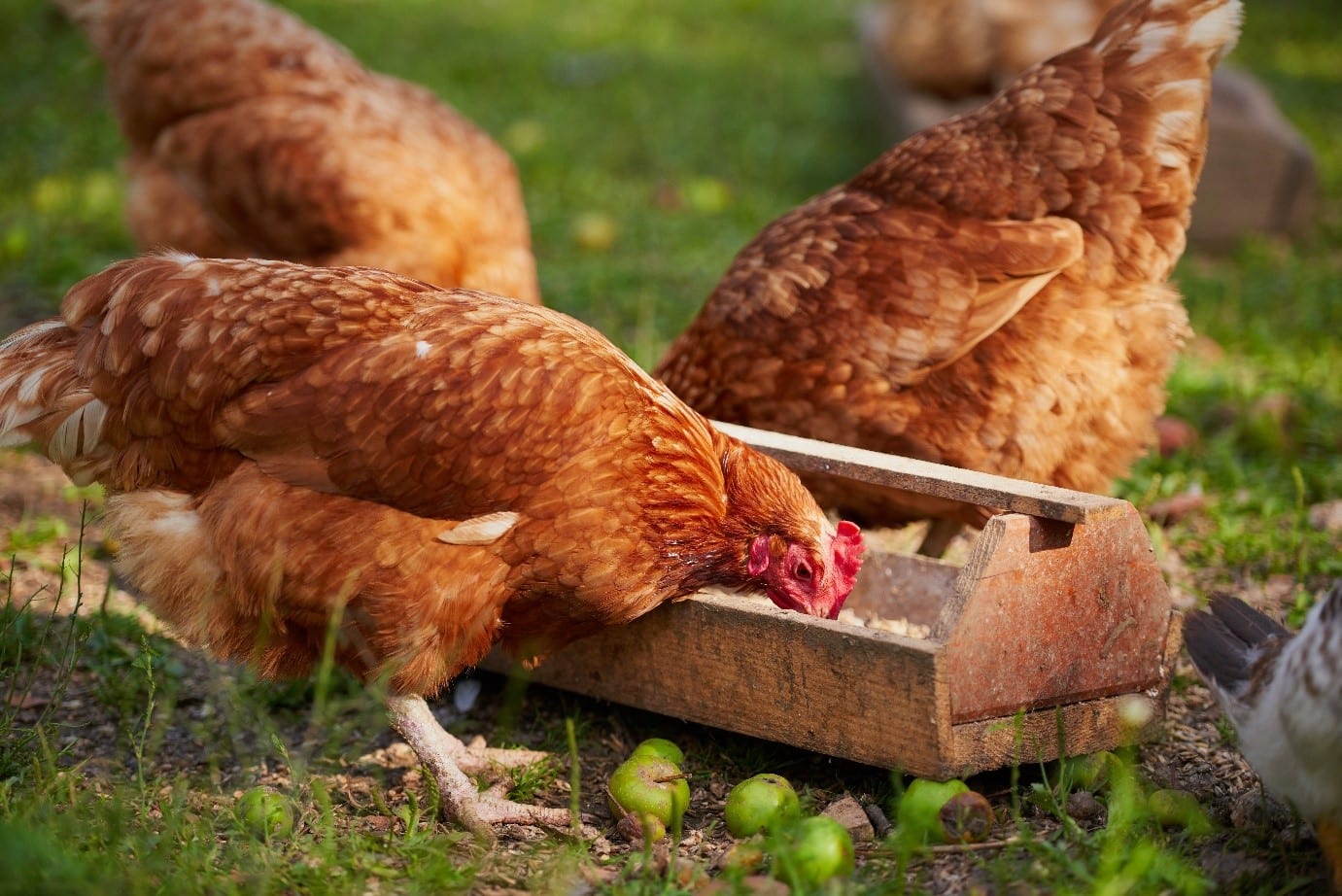
Nutrition: A varied diet helps to ensure that baby chicks receive all the essential vitamins and minerals for healthy growth and development. Different types of feed can provide a range of protein, calcium, and other essential nutrients.
Digestion: A diet that includes different types of feed provides a variety of enzymes and other beneficial microorganisms, which aid in digestion and help reduce the risk of digestive issues.
Immune System: A varied diet helps boost the immune system by providing a range of beneficial vitamins and minerals. Different types of feed can provide additional antioxidants and other beneficial compounds that help protect the chicks from illness and disease.
Cost: Variety in the diet can help to reduce the cost of feed, as different types of feed can be purchased in bulk for a lower per-unit cost.
Flock Health: A varied diet can help to promote the overall health of the flock by providing a range of essential nutrients, enzymes, and beneficial microorganisms. This can help to reduce the occurrence of health issues and promote better overall production.
Growth and Development: Variety in the diet can help to promote better growth and development in baby chicks, as different types of feed can provide the right balance of vitamins and minerals for optimal growth.
Table 1:
| Nutrient | Benefit |
|---|---|
| Protein | Helps build muscle |
| Calcium | Supports bone and feather growth |
| Vitamins and Minerals | Essential for overall health |
| Enzymes and Microorganisms | Aid in digestion and help reduce the risk of digestive issues |
| Antioxidants | Help protect from illness and disease |
A varied diet is essential for baby chicks to receive all the essential nutrients they need for healthy growth and development. It can also help reduce the cost of feed, boost the immune system, promote better flock health, and support better growth and development.
Safety Considerations
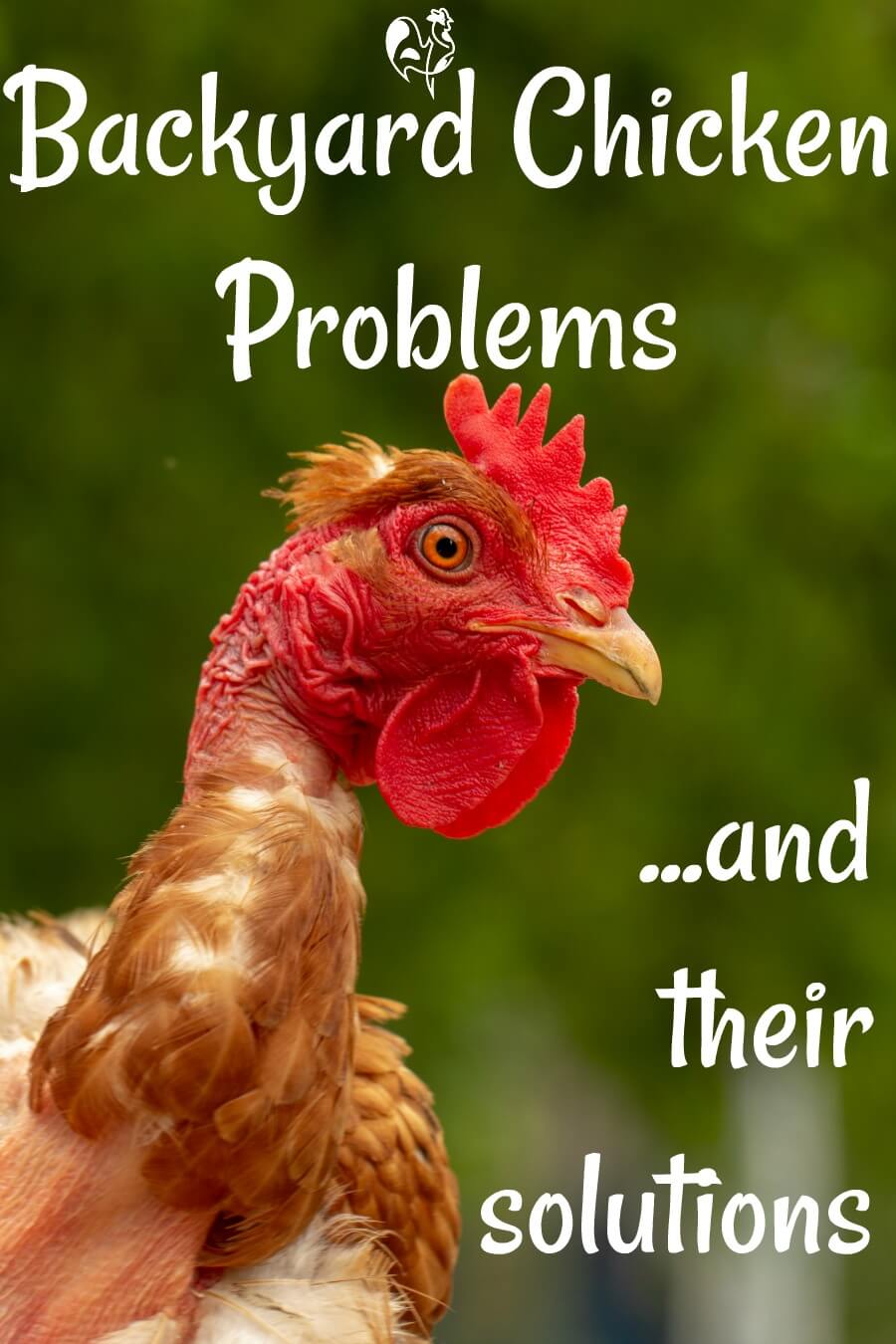
It is important to keep in mind that baby chicks require a lot of extra attention and care in order to grow and thrive. To ensure their safety, it is essential to provide adequate space and ventilation, clean water, and a balanced diet that includes feed. It is also important to monitor the chicks for signs of illness or distress. Additionally, it is important to store feed and other food items in a safe and secure location to prevent contamination or ingestion of harmful substances by chicks. Finally, it is essential to maintain a safe and clean environment for the chicks to grow and thrive.
Creating a Balanced Diet for Baby Chicks
Baby chicks require a balanced diet for healthy growth and development. A balanced diet for baby chicks includes:
- Grains: Grains provide carbohydrates for energy and can include cracked corn, oats, wheat, and milo. These grains should be ground or cracked for easier digestion.
- Grit: Grit provides tiny grains of sand and gravel for the baby chick’s gizzard to grind food and aid digestion. Grit should be made available at all times.
- Protein: Protein helps to build strong muscles and feathers in baby chicks. Sources of protein include mealworms, cooked eggs, cooked beans, and cooked meat.
- Fruits and Vegetables: Fruits and vegetables provide essential vitamins and minerals for baby chicks. Fruits and vegetables can include diced apples, diced carrots, and shredded lettuce.
- Water: Water is essential for life and should be provided at all times. Be sure to provide clean, fresh water for baby chicks.
Baby chicks should have access to a balanced diet at all times. The diet can be supplemented with treats such as mealworms, cooked eggs, and diced fruits and vegetables.
Frequently Asked Questions
What Types of Food Should Not Be Given to Baby Chicks?
Baby chicks should not be given food that is not specifically formulated for them. This includes any food that is not intended for chickens, such as:
- Fruits and vegetables
- Bread or other baked goods
- Table scraps
- Canned or processed foods
- Dog or cat food
- Cooked meats
These types of food can harm baby chicks, as they are not nutritionally balanced and can cause digestive upset. Additionally, these foods can contain bacteria or toxins that can be detrimental to a baby chick’s health.
How Often Should Baby Chicks Be Fed?
Baby chicks should be fed at least twice a day in the first few weeks of life. As they get older, the frequency can be reduced to once a day. However, it is important to ensure that the chicks consume enough food throughout the day. To ensure adequate nutrition, provide a commercial chick starter feed that is high in protein. This should be supplemented with treats like mealworms, cooked eggs, and cooked vegetables.
- Feed baby chicks twice a day in the first few weeks of life.
- As they get older, reduce the frequency to once a day.
- Provide a commercial chick starter feed that is high in protein.
- Supplement the feed with treats like mealworms, cooked eggs, and cooked vegetables.
What are the Benefits of Providing a Variety of Food to Baby Chicks?
- Nutritious: Baby chicks need a balanced diet of vitamins, minerals, and protein to stay healthy. Providing a variety of food sources helps ensure a healthy diet.
- Improved Immunity: A variety of foods can help chicks develop and maintain a strong immune system. This can help protect them from diseases and illnesses.
- More Appealing: Chicks may be less likely to become bored with their food if they are offered a variety of it. This can help keep them engaged and content.
- Reduced Stress: Offering a variety of foods can help reduce stress in chicks. This can help them stay healthy and active.
How can owners ensure their chicks are getting the proper nutrition?
Offering a balanced diet of feed, fresh greens, and supplements is essential for healthy chicks. Owners should regularly check their feed to ensure it is free from mites, mold, and other contaminants. Feed should be stored in a cool, dry place and replaced regularly. Fresh greens should be offered daily, while supplements such as vitamins and electrolytes should be added to the water weekly. Regular check-ups with a veterinarian are also recommended to monitor chick nutrition and growth.
What are some Common Signs of Malnutrition in Baby Chicks?
1. Weight Loss: Baby chicks that are malnourished may lose weight and appear significantly smaller than their healthy counterparts.
2. Dull Feathers: Malnourished chicks may have dull, brittle feathers compared to chicks that are healthy and well-fed.
3. Weakness and Lethargy: Malnourished chicks may appear weak and lethargic and lack the energy of healthy chicks.
4. Poor Appetite: Baby chicks that are malnourished may have a poor appetite and may not eat as much as healthy chicks.
5. Imbalance in Electrolytes: Malnourished chicks may have an imbalance of electrolytes in their bodies, leading to dehydration, weakness, and other health issues.
6. Decreased Immunity: Malnourished chicks may have a weakened immune system, making them more susceptible to illnesses and infections.
Conclusion
Baby chicks are omnivores and need a balanced diet of protein, carbohydrates, and fats. The best food for them is specially formulated chick feed, but they can also be given a variety of other foods such as cooked eggs, fruits, vegetables, and insects. It is important to provide a variety of foods and to monitor their health to ensure they are getting the nutrients they need.
